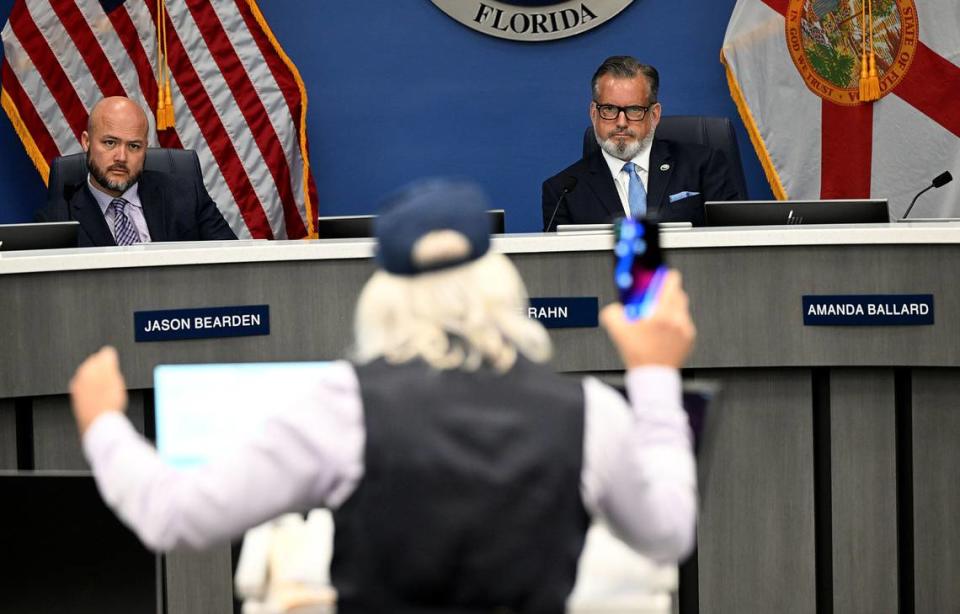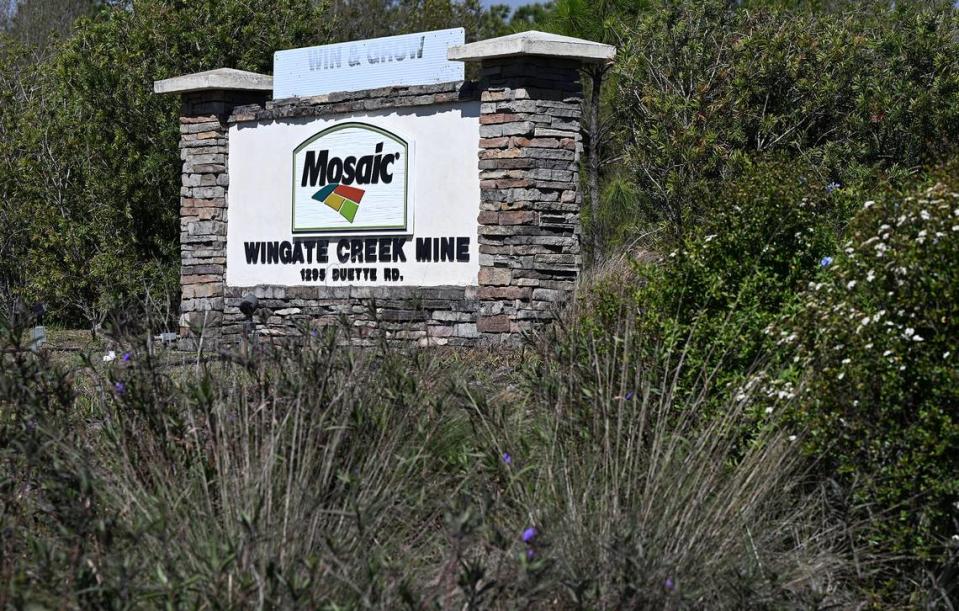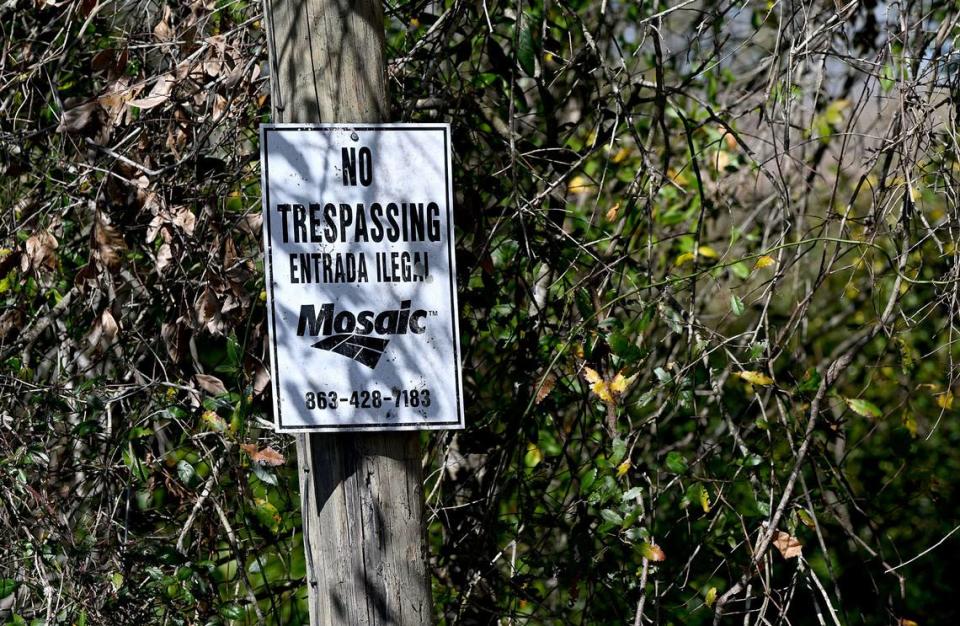Manatee County leaders approve change to phosphate mining rules. Here’s what to know
A change to Manatee County’s phosphate mining rules approved by commissioners on Tuesday will mean one less opportunity for the public to observe and weigh in on how the county regulates the industry.
But county staff say that the amendment, which transfers the approval of mine operating permits from the board of county commissioners to staff administration, will streamline the regulation process and prevent confusion.
Natural Resources Director Charlie Hunsicker described the operating permit process as a checklist that mining operations must meet every five years to make sure they are in compliance with county rules.
Any major changes to mining plans, such as the addition of more land to be mined or negative environmental impacts, will still have to come before the commission for approval, staff said.
“If anything looks like it’s going to be a significant amendment...it comes back to the board,” Environmental Protection Division Manager Alissa Powers said during a presentation to commissioners.
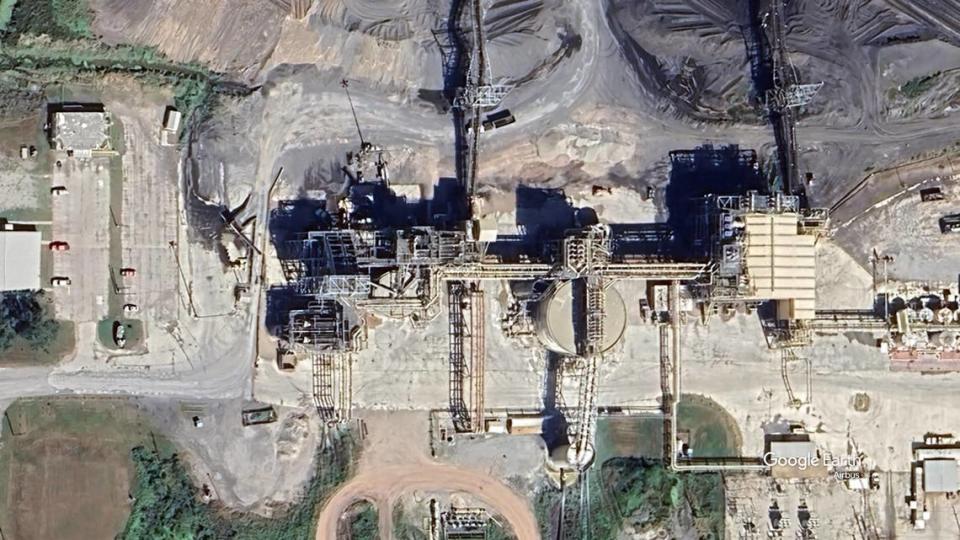
Where is phosphate mined in Manatee County?
Mosaic, a Fortune 500 company that is among the world’s top producers of phosphate products, is the only company that currently mines phosphate in Manatee County. The company is also the county’s largest private landowner, at over 33,000 acres.
According to the county, over 17,000 acres of land are currently approved for the extraction of phosphate rock, a valuable and non-renewable resource that is used to make fertilizer for growing food.
The Wingate mining facility in East Manatee County is located north of State Road 62, adjacent to Duette Preserve. The company’s Four Corners mining facility occupies portions of Manatee, Hillsborough, Hardee and Polk counties.
Phosphate extraction requires a strip mining process that is highly destructive to the land. It produces possible health risks for people and the environment due to its potential for pollution and the creation of radioactive byproducts.
Due to these risks, every phosphate mine operation in Manatee County is authorized under a 25-year “Master Mining Plan.” The plan provides a detailed overview of how land will be impacted by mining activities, how risks will be managed and how land will be “reclaimed” once mining is complete.
Phosphate companies are required by law to “reclaim” mined land, which means restoring it as closely as possible to its former state or converting it for another public use, such as a park.
Under county rules, commissioners must approve the rezoning of land for mining, Master Mining Plans and any “significant amendment” to mining plans. Tuesday’s amendment will only impact the approval of operation permits, which staff described as a minor and technical process.

Why did Manatee County seek rule change?
Hunsicker said the rule change is intended to make permit reviews more efficient for the county.
“Our focus is on amending the process of review,” Hunsicker said. “This is not directed, nor was it requested for that matter, by the mining industry.”
County attorney Bill Clague said the old process often caused friction with the public and confusion for commissioners.
“Many, many times I’ve sat up here when an operating permit came before the board and I’ve had to advise the board that your discretion to turn them down is extremely limited,” Clague said. “The only issue in front of you is whether that operating permit is consistent or inconsistent with the Master Mine Plan and code. It’s not a reevaluation of the mine.”
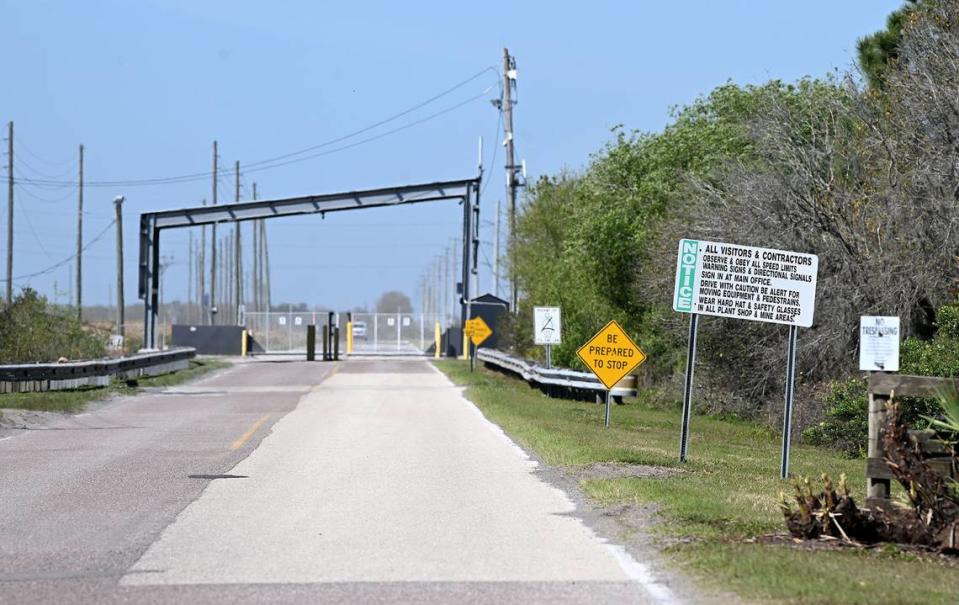
“That creates a lot of tension sometimes with the public that’s in the room raising issues about phosphate mining that you can’t do anything about in the context of an operating permit,” Clague said.
Under the amended rules, county staff will now review and approve the operating permits every five years administratively without a hearing before commissioners and the public.
Commissioners voted 7-0 in favor of the amendment.
Public comment saw a mix of support and concerns about the rule change.
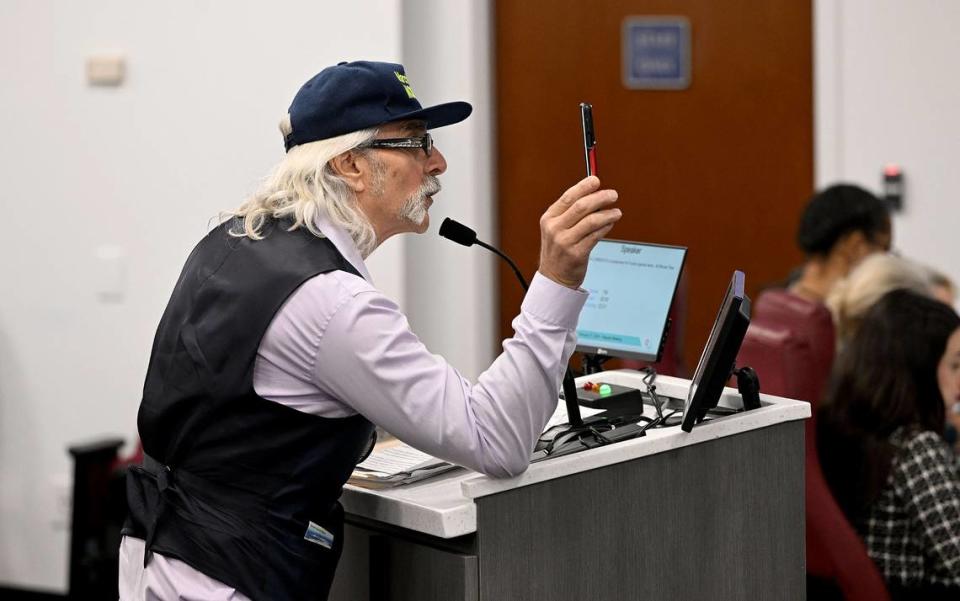
Rule change receives critiques, support
Glenn Compton, president of environmental advocacy group Manasota-88, questioned whether the county was well-staffed enough to handle the extra workload of reviewing operating permits.
“This is one of the most important ordinances we have on the books for the protection of the public’s health and the environment,” Compton said. “There’s a lot of phosphate mining that is still coming down the pipe in Manatee County. My recommendation is that you limit the number of applications that can be reviewed at one time.”
Tim Ritchie, a Charlotte County resident and founder of activist group March Against Mosaic, said the change would reduce public oversight of the process.
“An unelected bureaucrat will be in charge,” Ritchie said. “We don’t elect staff.”
“Our development is getting closer and closer to our phosphate mines out there. We’re going to have to come up with some compromises and mediations with it,” said Carol Ann Felts, a Myakka City resident who is running for the District 1 seat on the commission in 2024.
Rob Brown, a former environmental program manager for the county who now serves on the board of environmental advocacy group Suncoast Waterkeeper, spoke in support of transferring the permit review process to staff.
Brown said the county’s phosphate mining ordinance was set up to protect the Manatee watershed.
Brown said he and other staff helped update the ordinance in 2004. The update included the creation of 25-year Master Mining Plans with operating permits required at five-year intervals.
But he said the operating permit reviews were “very confusing” for commissioners, who were not allowed to make changes that were out of sync with the Master Mining Plan.
Commissioner George Kruse agreed, stressing that the board will retain the final say on big decisions like the opening of new mines.
“I trust staff more than I trust the seven of us up here,” Kruse said. “I’m not a mining expert by any stretch. We approve the big things. The mining permits, the new land to mine. The minutia is not us. We should trust our staff.”
